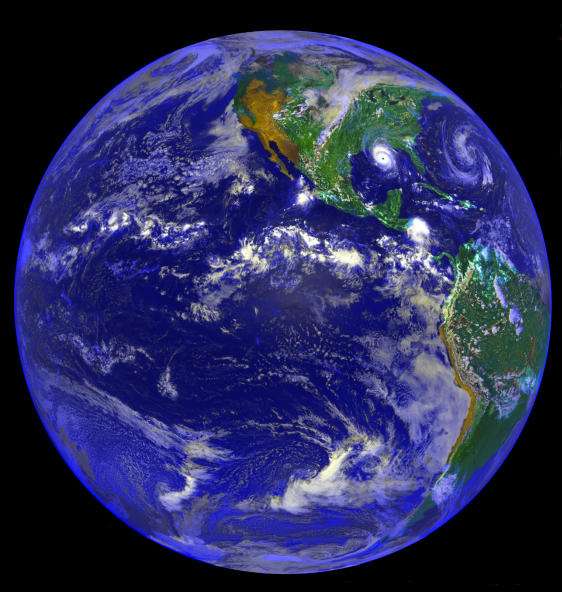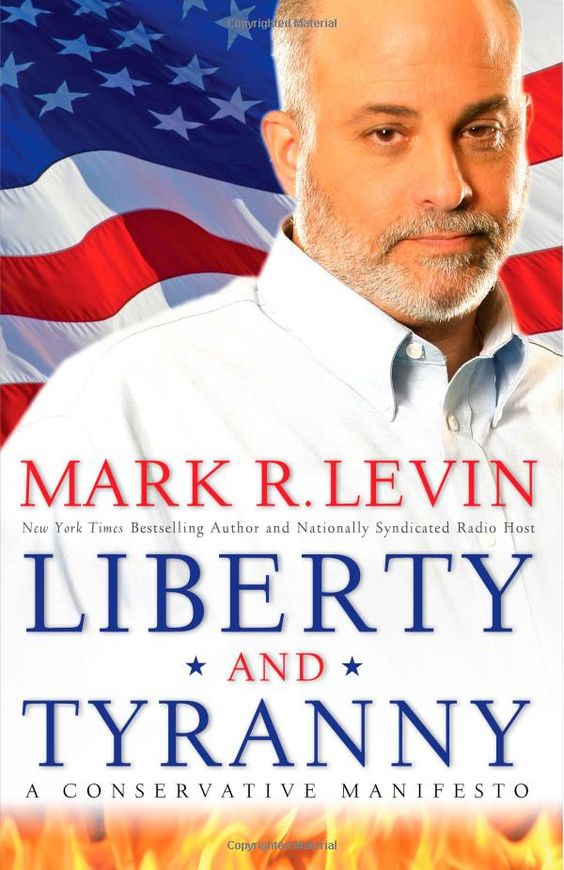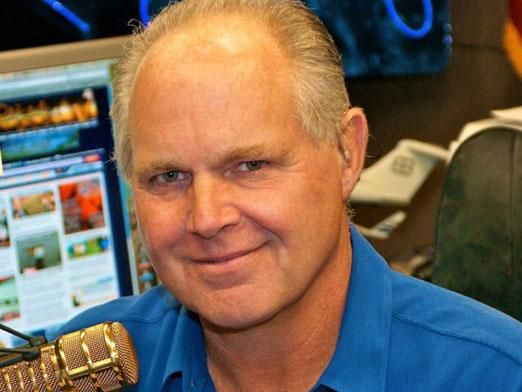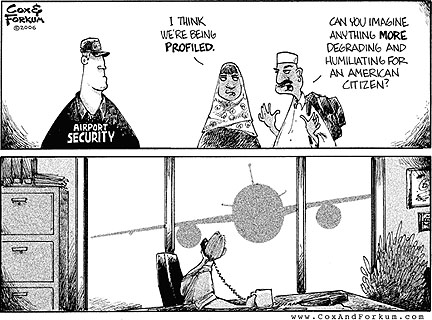I was recently invited to speak to C-Fact, a conservative environmentalist group at the University of Minnesota. To some this might sound about as weird as saying I was invited to speak to a group of Socialist Yachtsmen in Monaco. Of course, there are plenty of yachtsmen who are more or less socialists (whether they meet in Monaco, I have no idea — but I will gladly go speak to them there).
Mark Levin
There is simply no scientific or mathematical formula that defines conservatism. Moreover, there are competing voices today claiming the mantle of “true conservatism” — including neo-conservatism (emphasis on a robust national security), paleo-conservatism (emphasis on preserving the culture), social conservatism (emphasis on faith and values), and libertarianism (emphasis on individualism), among others. Scores of scholars have written at length about what can be imperfectly characterized as conservative thought. But my purpose is not to give them each exposition, as it cannot be fairly or adequately accomplished here, nor referee among them. Neither will I attempt to give birth to totally new theories.
Rush Limbaugh
“The Republicans have a chance to be warriors for liberty. If they say, in the midst of this, one word about compromise or bipartisanship, to hell with them.”
Is Profiling Racist?
We live in a world of imperfect and costly information, and people seek to economize on information costs in a variety of ways. If we don’t take that fact into account, we risk misidentifying and confusing one type of human behavior with another. Let’s look at it.
Sleeping With The Enemy
Sometimes I feel really sorry for my mate, Jon. Thirty years ago he hooked up with a Buddhist, pacifist, Leftist vegetarian. Fast forward a few decades, and he now lives with his worst nightmare: a patriotic conservative who attends church and eats burgers with gusto.
The Great Mystery
One of the great mysteries in today’s United States is how a country founded on the principle of individual freedom, having achieved great wealth and world influence, could have developed a political class bent on transforming the nation into a collective dominated by a powerful central government.
Liberal Piety and the Memory of 9/11
Americans may have lacked for much in the course of their history, but never instruction in social values. The question today is whether Americans of any era have ever confronted the bombardment of hectoring and sermonizing now directed at those whose views are deemed insufficiently enlightened—an offense regularly followed by accusations that the offenders have violated the most sacred principles of our democracy.
Muslims Know the Symbolism of the Ground Zero Mosque
Symbolism is at play in the debate over a grand mosque being built near the site of Islamic extremism’s greatest terrorist victory against a democracy.
While many embrace its construction as symbolic of a democratic society’s tolerance, there is danger in not understanding the symbolically sinister side of its construction as well
U.S. Supreme Court, Official Site
The Supreme Court consists of the Chief Justice of the United States and such number of Associate Justices as may be fixed by Congress. The number of Associate Justices is currently fixed at eight (28 U. S. C. §1). Power to nominate the Justices is vested in the President of the United States, and appointments are made with the advice and consent of the Senate. Article III, §1, of the Constitution further provides that “[t]he Judges, both of the supreme and inferior Courts, shall hold their Offices during good Behaviour, and shall, at stated Times, receive for their Services, a Compensation, which shall not be diminished during their Continuance in Office.”








